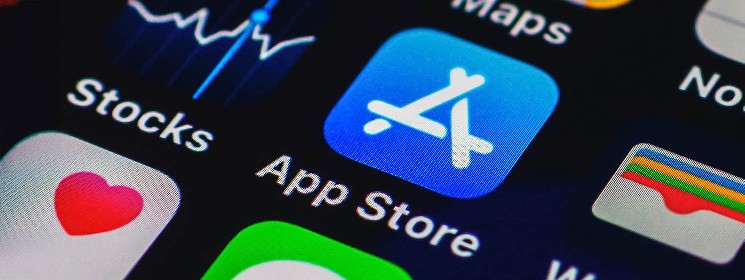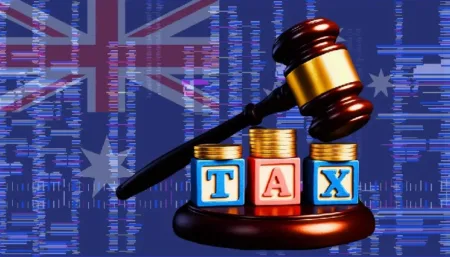Apple (NASDAQ: AAPL) should be held accountable for hosting digital currency scam apps on the App Store, according to a lawsuit filed against the company in California last week.
The suit is intended to be a class action. It was brought by Danyell Shin, who downloaded what purported to be a digital asset exchange app called Swiftcrypt from the Apple App Store. Instead, it solicited $80,000 worth of deposits from Shin and then stopped responding to all user interactions.
The lawsuit targets Apple. It says that the App Store allegedly contains several malicious apps designed solely to extract digital assets from anyone who mistakes them for genuine digital asset applications and that Apple’s representations that the App Store was a “safe and trusted” platform for its users is partly to blame.
“Apple has structured its ecosystem so that customers rely on Apple for the perceived safety and reliability of the App Store,” it reads.
It cites numerous instances of Apple’s marketing surrounding the App Store, going as far back as Steve Jobs‘ press conferences in which the late founder describes the envisioned app store as “an advanced system which will offer developers broad access to natively program the iPhone‘s amazing software platform while at the same time protecting users from malicious programs.”
In addition to express representations from Apple, the suit also points to the centrality of the App Store to the whole Apple ecosystem, especially its practice of exercising exclusive control over how applications are distributed to iOS devices. The lawsuit claims that this gives users a false sense of security that Apple’s review and vetting process can be trusted to shield them from ‘unsafe or fraudulent’ applications.
The lawsuit reads:
“As a direct result of Apple’s process for reviewing the Swiftcrypt app on its App Store and Plaintiff’s reasonable reliance on Apple’s representations assuring her that the app had been vetted, was safe, and could be trusted, Plaintiff was injured and lost approximately $80,000.”
“Contrary to Apple’s representations and stated processes for correction, Plaintiff and other users of Switcrypt were never notified by Apple that Swiftcrypt was a dangerous app used for fraud and malicious activity. Because of the false and deceptive material misrepresentations at issue, Plaintiff also overpaid for her iPhone.”
The suit levies two counts against Apple: one for violation of competition law and another for violations of California’s consumer protection laws.
As the lawsuit proposes to be a class-action lawsuit on behalf of anyone in the same shoes as Shin, the court needs to first ‘certify’ the class—in other words, to satisfy itself that a class action is appropriate for the circumstances of the case.
Apple has yet to respond to the lawsuit. However, its exclusivity arrangements regarding its App Store have been a bone of legal contention for years. The most high-profile challenge, Epic Games v Apple, was filed by app developers and complained about Apple’s terms, which prevent apps from containing any “in-app purchases that do not go through the App Store,” where Apple takes a 30% cut of developer revenues. Apple’s practices largely emerged from the lawsuit unfettered.
This week, a £1.5 billion ($2 billion) anti-competition class action suit will be trial in London. It accuses Apple of anti-competitive conduct over its App Store exclusivity, saying that the company acts as a monopolist by preventing alternatives that might allow consumers and developers better deals.
The latest lawsuit is Shin v Apple Inc. Its case number is 5:25-cv-05000.
Watch: Breaking down solutions to blockchain regulation hurdles
Tagged:
App StoreAppleDanyell ShinFraudScamSteve JobsSwiftcrypt
Read the full article here









